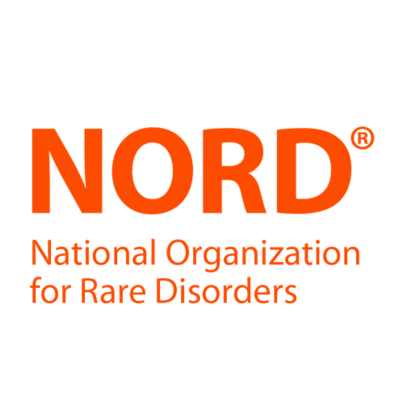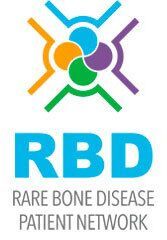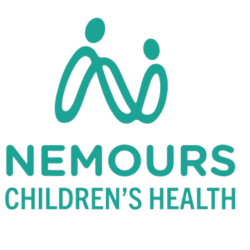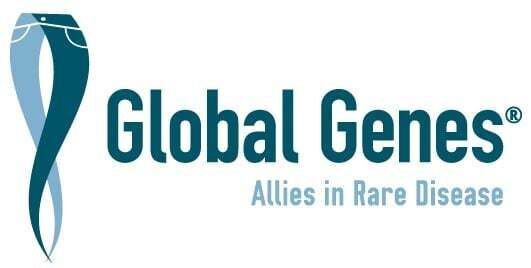
The Living Rare Study, developed by the National Organization for Rare Disorders (NORD), is a first-of-its-kind long-term research initiative in the U.S. aimed at collecting the real-life experiences of individuals and caregivers affected by rare diseases. This study is vital to gathering the data necessary to improve care, shape effective healthcare policies, and identify resources needed to support the 30+ million Americans living with a rare disease. The research aims to engage the participation of thousands of individuals to provide comprehensive insights into the challenges faced by those living with rare conditions – and how those challenges may change over time.
Why is the Living Rare Study Needed?
Despite one in ten people living with a rare disease and the significant impact rare diseases have on the lives of individuals, families and their caregivers, this population is underrepresented in public health data. This lack of comprehensive information has left gaps in support, care, research, and policies. The Living Rare Study is designed to address these issues by capturing data that reveal how rare diseases affect every facet of life—ranging from healthcare access and treatments to emotional, social, and financial difficulties. The study's findings will be used to advocate for improved health policies and guide the distribution of resources where they are needed most.
Who Can Participate?
The study is open to people living in the U.S. who have been diagnosed with a rare disease or suspect they may have one, and their caregivers. Caregivers will fill out the survey on behalf of the person for whom they care for, and caregivers can provide insights based on their own experiences. Capturing both caregiver and care receiver perspectives is crucial to understanding the full spectrum of hardships faced by those impacted by rare diseases.
What Kinds of Questions Will the Living Rare Study Ask?
Participants will be asked to provide information about a wide range of topics, including how they manage their healthcare, the impact of their condition on daily life (such as work, school, and finances), and how rare disease affects their emotional, physical, and social well-being. The survey, which takes about 1 hour to complete, is available in English and will be launched in Spanish soon. It is designed for flexibility, allowing participants to save their progress and complete at their own pace. They will also be able to see how their answers compare to the combined, anonymous data from other study participants. Each year, reminders will be sent to participants to update their survey with any changes in their health or circumstances.
How Will the Living Rare Study Data Be Used?
The data will be used to illustrate that the real-world impacts of rare diseases represent a public health issue. It will also help drive advocacy efforts aimed at improving national and local healthcare policies, increasing access to care, and obtaining funding for much-needed resources and research. Additionally, the data will inform NORD’s programming and future support services for the rare disease community. All data collected through the Living Rare Study is confidential and will be securely stored on NORD’s HIPAA-compliant IAMRARE® platform, ensuring that participants’ personal information is fully protected.
For more information or to join the Living Rare Study, visit www.livingrarestudy.org or reach out to the Living Rare team at NORD: LRStudy@rarediseases.org.











